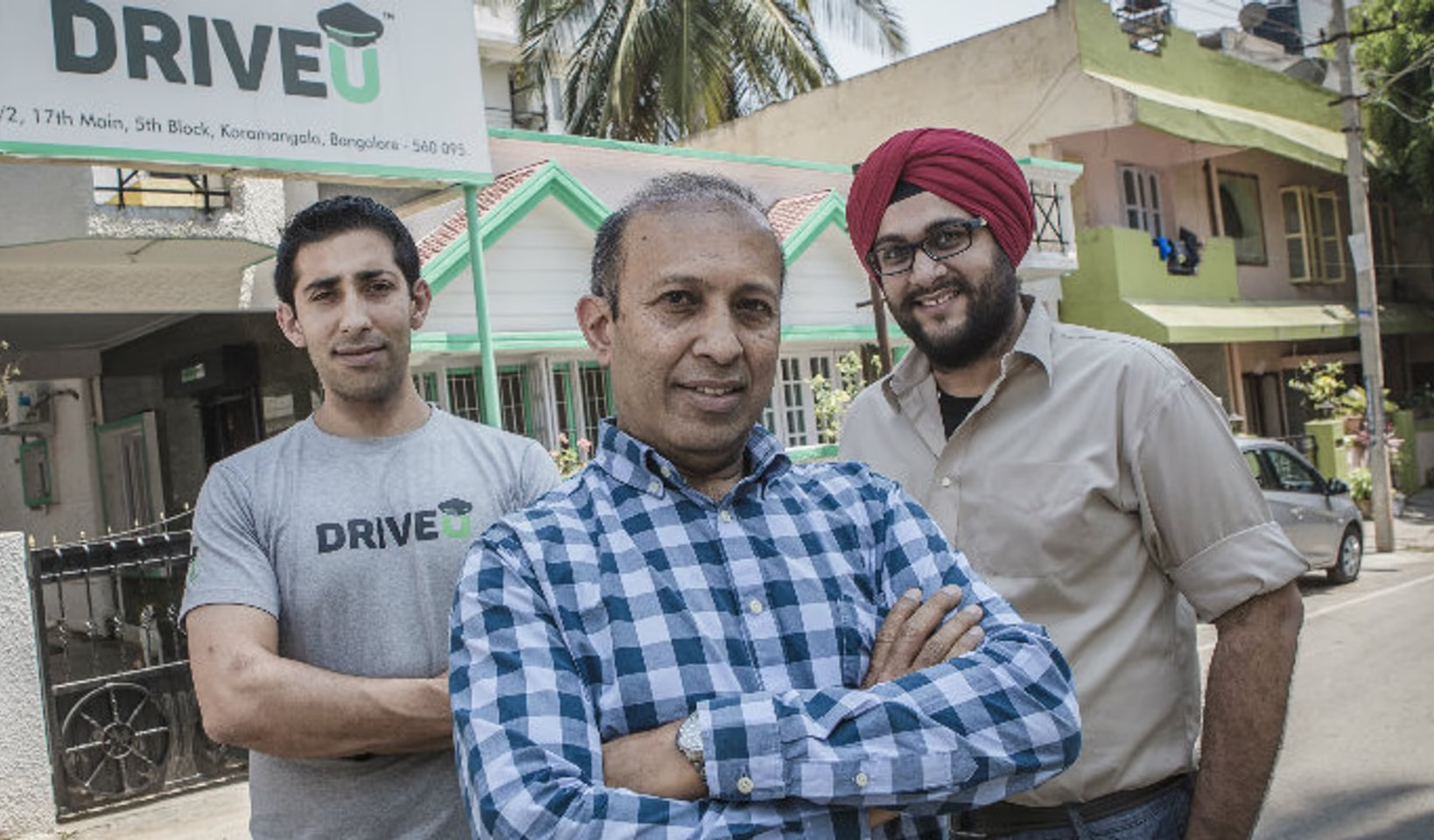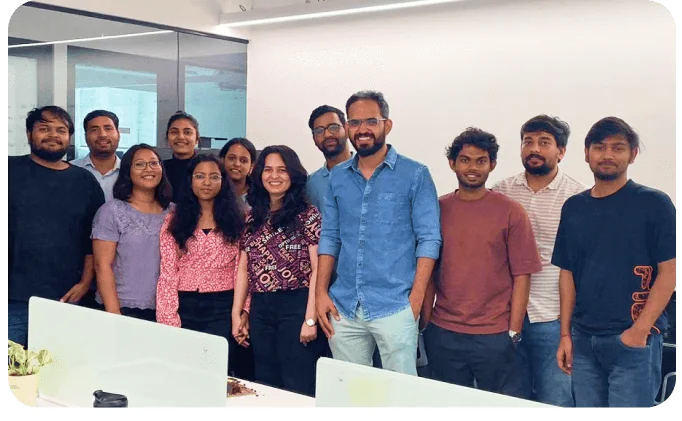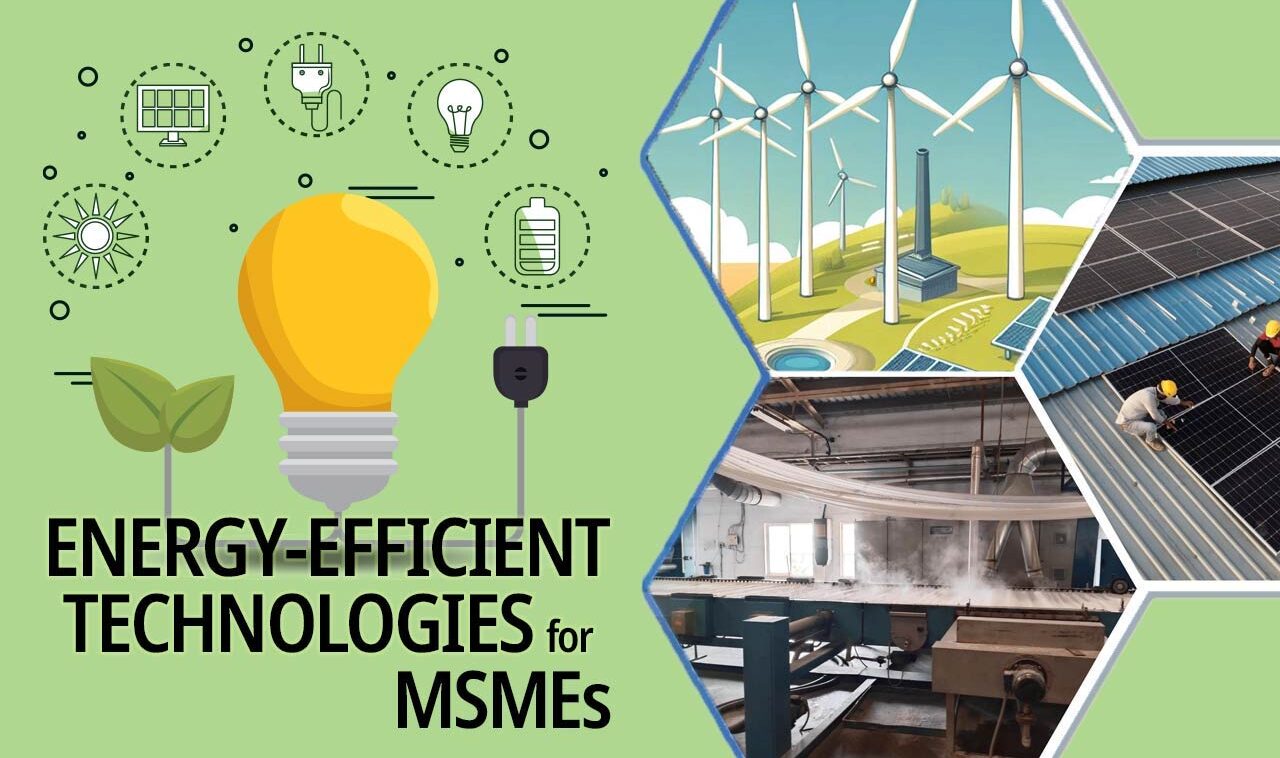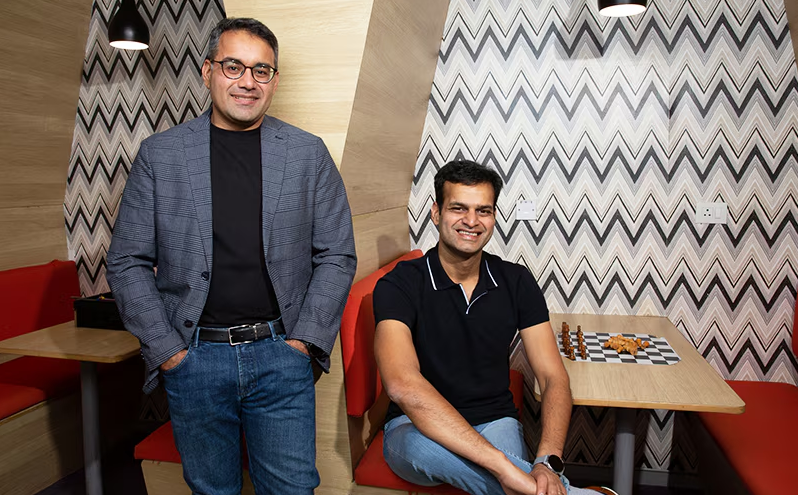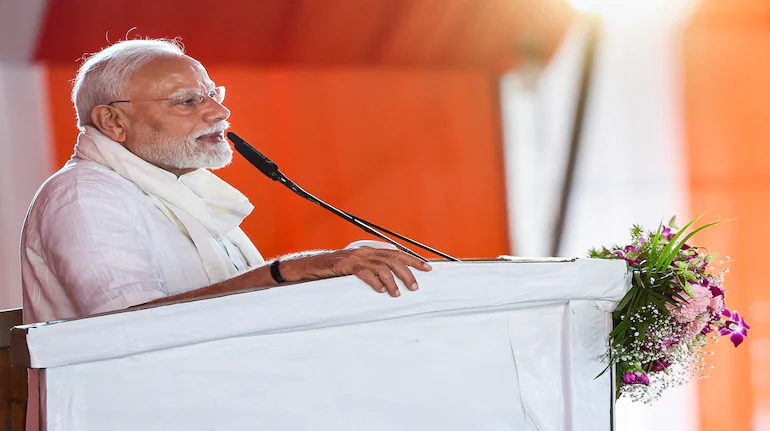As India’s startup ecosystem evolves, a new trend is emerging, leaner teams and higher revenue per employee. With funding becoming tighter in 2025, many founders are shifting focus from aggressive hiring to sustainable unit economics and productivity. Investors, too, are rewarding efficiency over headcount.
Why Startups Are Shrinking Their Teams
In the past year, Indian startups have struggled to get funding, especially during the Series A and B stages. Data from Tracxn and YourStory shows that startup funding in July 2025 fell to a record low of $621 million, which is a 42% drop from last year.With capital scarce, burn rates have come under strict scrutiny, pushing companies to trim their workforce and focus on core operations.
Instead of large teams, startups are now investing in automation, AI tools, and cross-functional talent to achieve more with less. This not only reduces salary expenses but also shortens decision-making cycles.
Investors Prioritise Revenue per Employee
Revenue per employee (RPE) has quietly become a key performance indicator for venture capitalists and private equity players. A higher RPE reflects better team efficiency, scalability, and focus on profitability, metrics that are gaining ground over vanity growth figures like GMV or app downloads.
VC firms say they’re now asking early-stage founders to justify every new hire. Teams bloated with non-revenue-generating roles are seen as red flags. In contrast, startups that can show traction and unit-level profitability with smaller teams are becoming investor favorites.
Case Studies from the Ecosystem
Several startups across sectors, especially SaaS, fintech, and D2C, have downsized or slowed hiring intentionally. For instance, a Mumbai-based fintech startup reportedly reduced its team by 25% last quarter while growing revenue by 40%, resulting in a higher RPE that impressed investors during bridge funding talks.
Even unicorns like Swiggy and Zomato have publicly mentioned cost-cutting measures and streamlined teams to focus on margins over growth at any cost.
What This Signals for the Startup Landscape
This shift shows a more thoughtful startup culture in India. Founders are being more careful with hiring and smarter with their money. In the long run, this could mean fewer inflated company valuations but stronger and more sustainable businesses.
As market dynamics continue to shift, lean startups with sharp focus and clear monetisation models will likely lead the next phase of India’s innovation wave.
Also Read: No More Long Queues! MediBuddy Brings the Doctor to Your Doorstep










